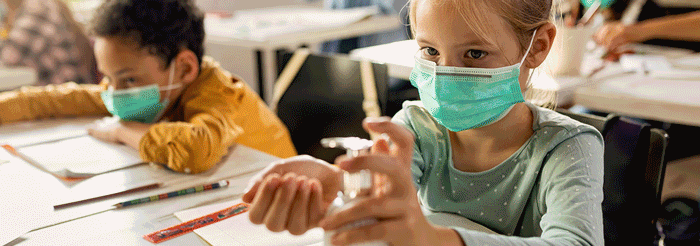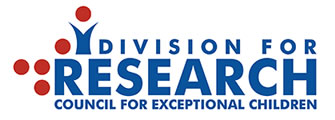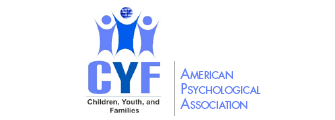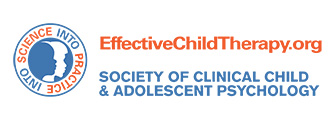
There has never been a harder time to be a parent. There has never been a harder time to be a teacher. Surely there has never been a more confusing time for kids to begin a new school year. The last school year ended in-person learning abruptly, and it is not clear how learning or social progress has been impacted. It is likely that some kids (and families) were more negatively impacted than others. Every child’s experience of the pandemic has been different – based upon what has happened to their own family and community.
Yet the challenges that are facing all families and schools this fall are daunting: Is it safe to attend school in person? Is it safe for family members to have children attend school? Will kids keep their masks on? Can parents return to work with kids at home? Are there enough computers for parents to work and kids to learn? Is the internet connection stable enough? How will kids get to know their teachers? How will they maintain their friendships? Can kids actually learn at home? Will it be possible to provide accommodations that are needed for kids with learning problems or other special needs?
There has never been a start to school filled with so many questions and so much uncertainty, and there are many schools and communities where things will continue to change. Uncertainty tends to cause stress, as does the number of decisions needing to be made.
What’s more, parents AND teachers are needing to pay attention to not only kids’ safety, learning, and access to friends, but also kids’ wellbeing. The pandemic and isolation has led to many kids having new worries or moodiness; some kids are acting out their stress and disappointments rather than keeping their feelings in. Many kids have only recently adapted to a new normal, and now this will change with the start of school.
As kids begin this new school year, there will be new demands on parents to adapt to less-than-perfect situations and help their children to adapt, as best they can. The new school year – whether it begins in-person or online – will require parents to:
- accept uncertainty and disappointments with the start of school
- set realistic expectations for what their family can do
- focus on what they can control
- discuss safety measures – such as wearing masks, washing hands, and keeping distance
- establish new routines for school
- stay informed about spread of the virus in their communities
- be ready for changes
- be aware of their own stress
- model coping for their kids
- help kids with uncertainty
- talk openly with kids about disappointments
- praise kids for overcoming challenges
- communicate with teachers often
- watch for signs of problems for kids – trouble focusing or sleeping, or changes in behavior
- seek support – for themselves, for their kids, and for schoolwork when needed
- seek opportunities to stay connected with other parents virtually
- stay positive and celebrate successes
But, above all, these challenges will require parents to model kindness, patience, and understanding. Most parents will look back on the start of this school year as one of the most difficult they will have ever experienced, but also with pride and satisfaction that they did the best they could with what they had. As parents model this coping and problem-solving, kids, too, will discover resilience in themselves that they may not have recognized before. Parents can assist kids with a new sense of what they can do to help themselves through a difficult time. Despite the unknowns, this year will bring new opportunities for parents and kids to learn adaptability, flexibility, patience, and problem-solving together.
Resources
American Academy of Pediatrics
ADHD & Learning During COVID-19
https://www.healthychildren.org/English/health-issues/conditions/COVID-19/Pages/ADHD-and-Learning-During-COVID-19.aspx
American Psychological Association
Learning at Home
https://www.apa.org/topics/covid-19/parenting-caregiving/motivating-children-tips.pdf
https://www.apa.org/topics/covid-19/children-self-regulation
https://www.apa.org/topics/covid-19/education-social-emotional
https://www.apa.org/topics/covid-19/education-behavior-management
Assessing Progress
https://www.apa.org/topics/covid-19/parenting-caregiving/academic-progress-covid-19.pdf
Ways Teachers Can Support Students Wellbeing
https://www.apa.org/topics/covid-19/teachers-supporting-students
Autism Speaks
Five ways parents can advocate for their child with autism in virtual learning
https://www.autismspeaks.org/science-news/five-ways-parents-can-advocate-their-child-autism-virtual-learning
Child Mind Institute
Preparing for School
https://childmind.org/article/preparing-for-back-to-school-success/
Tips for Communicating with Teachers
https://childmind.org/article/tips-for-partnering-with-teachers-in-the-new-school-year/
Setting Priorities
https://childmind.org/article/how-to-set-priorities-this-school-year/
Tips for Helping with Online Learning
https://childmind.org/remote-learning-resources-for-families/
Why Online Learning Can Be Hard for Kids
https://childmind.org/article/5-reasons-students-arent-engaging-in-distance-learning/
Harvard Graduate School of Education
https://www.gse.harvard.edu/news/uk/20/08/adjusting-new-normal
National Association of School Psychologists
Helping Children Cope with Changes Resulting from Covid-19
https://www.nasponline.org/resources-and-publications/resources-and-podcasts/school-climate-safety-and-crisis/health-crisis-resources/helping-children-cope-with-changes-resulting-from-covid-19
National Center for Learning Disabilities
https://www.ncld.org/covid-19-parent-resources/
Parent Teacher Association (PTA)
https://www.pta.org/home/family-resources/coronavirus-information
Proper citation link for this blog post:McCabe, M.A. & Malone, C. (September 2, 2020). Beginning a New School Year during COVID https://infoaboutkids.org/blog/beginning-a-new-school-year-during-covid/
















